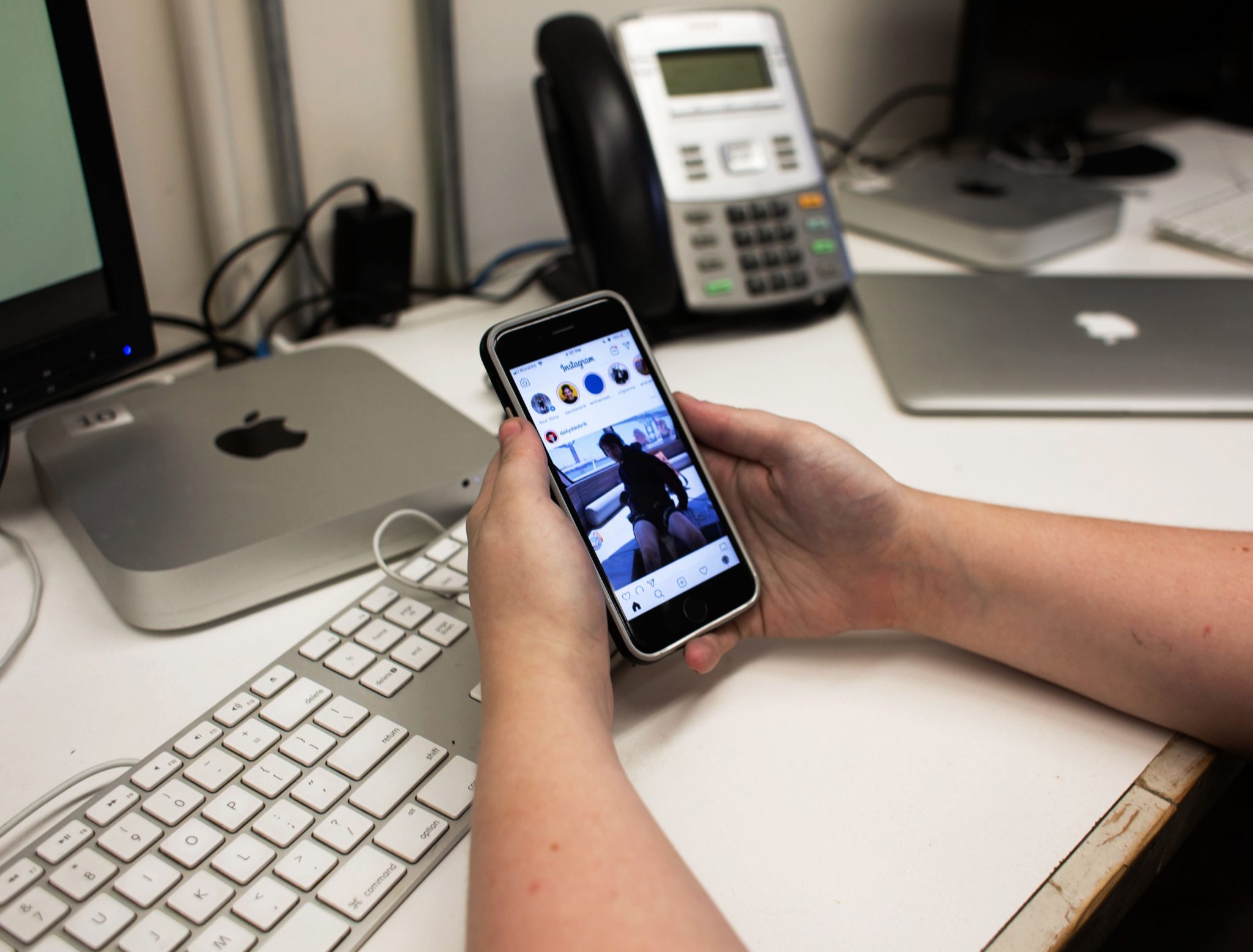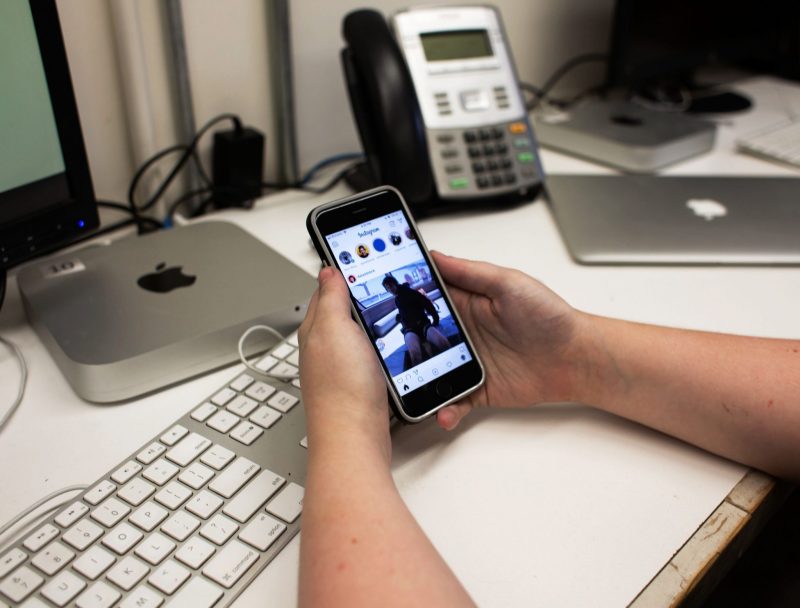BeReal and an era of supposed online authenticity


Alas, a new social media has come into our lives once again and has become all the rage with Gen Z. And surprise, surprise – I am here to complain about it.
BeReal is an app developed in 2020 by two French techies that has gained massive popularity this past year, especially with Gen Z. . Every day at a random time, the app will notify users that it’s time to “be real” and take a photo of themselves (and of their surroundings through the front camera) to share with their friends.
This ‘anti-Instagram’ app’s mission is to make social media more authentic. It has definitely accomplished this to a certain extent, as its users are forced to show the boring, non-curated parts of their lives. And people also mainly connect with their closest friends on the app, getting rid of the performative aspect of social media.
I haven’t yet succumbed to downloading the app, but I don’t have a problem with BeReal itself as much as the general discourse surrounding it. The idea that online performativity is lessened with the rise of “authentic” social media sounds like a contradiction to me. Isn’t taking pictures with the intention to post them always going to be inherently performative?
We’re talking about Gen Z here – a group of people who are so wrapped up in the online world that we aren’t just social media users anymore, we’re simultaneously users and creators.
We create all of the time, not with the purpose to keep things to ourselves, but to share them. Have you ever spent hours posing for and editing a picture in order to leave it in your photo album? No, that defeats the purpose of doing it in the first place.
With this creating culture, we rarely do anything just for ourselves anymore. The making of online content inevitably feeds into sharing it and then producing some kind of social performance. Despite all of its good intentions, the mindset that BeReal creates is that our lives, boring or otherwise, don’t exist to others unless they are shared.
But this also begs the question, are we truly being in the moment by taking pictures of ourselves being in the moment? Living as our natural human selves is now something that has to be marketed to us, as if we can’t do it on our own.
We have to put in effort to take a picture and show other people that yes, we too are normal homo sapiens who are alive in this very moment. It’s now nearly impossible to enjoy life without feeling the need to prove that we are enjoying it.
All this being said, I think there are pros of BeReal, ones that lay in its potential to make genuine and down-to-earth connections. It lets people share with friends they may not see that often, people they actually care about. This is the one difference between BeReal and other social media platforms like Instagram or Snapchat.
But with BeReal increasing in popularity, we may adopt it in the same way as any other social media – adding more and more people to whom we aren’t as close. This is our natural tendency when it comes to online connections, so it’s no surprise that it would apply to Gen Z’s newest obsession as well.
BeReal, however, does like to distinguish itself from other social media, which also makes it seem like using it is not bad for us. Sure, we’re still chronically online, stuck in the typical dopamine trap, but at least we’re not suffering from crippling self-esteem issues anymore…right?
Well, somewhat right. It’s true that in taking pictures whenever the BeReal notification goes off, we are forced to show the less glamourous parts of our lives. I think this is so much less harmful than the curated content we see everywhere else online, but this doesn’t take away from the fact that we are still pressured to use this app every day, in a new, twisted version of performing “living in the moment”.
It is evident, though, that Gen Z has an extreme appetite for supposedly less toxic spaces, as BeReal hit 14.7 million downloads in September alone. We are willingly moving towards platforms that make us feel somewhat better about ourselves.
But simultaneously, all of us still have TikTok, Snapchat and Instagram on our phones. It’s not as if downloading BeReal makes us get rid of all other performative social medias. Sure, it can be a refuge, but it is only one app out of many others.
And as far as refuges go, BeReal is certainly a boring one. In comparison to other social media platforms, I can see our generation losing interest in pictures of people’s actual lives quite quickly after this trend has faded. From there, we’ll be back to where we started: Lacking truly authentic social media.
I honestly don’t think social media can ever really be authentic. It it’s genuine connection we’re looking for, then we should just forego the online part altogether.
However, if we aren’t looking for a full-on replacement for in-person interaction, then BeReal is a pretty decent option. As long as my skepticism about the authenticity narrative it pushes rightfully refuses to go away, I’m alright with ultimately deeming BeReal the most okay social media platform one could potentially download.


